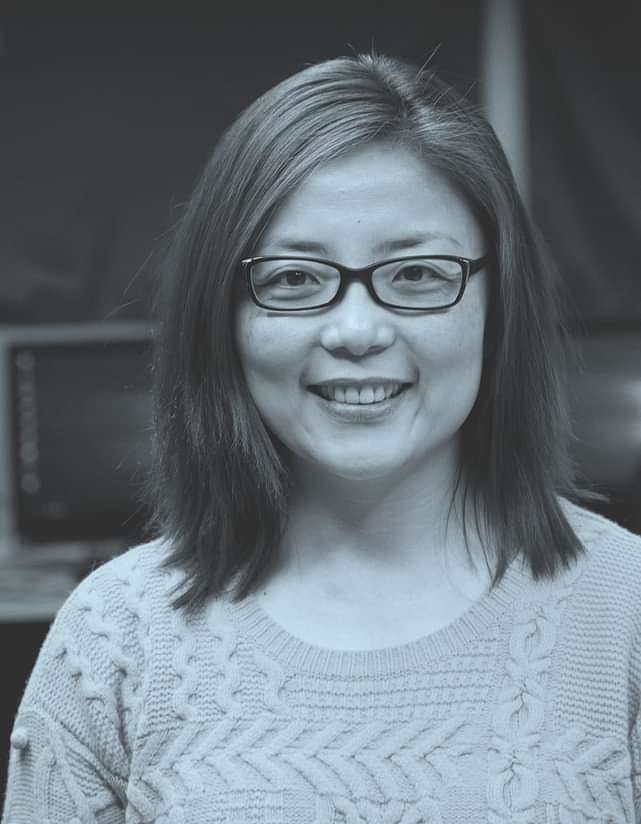
Congmin Zhao
Dr. Zhao holds a PhD degree in Human Development and Learning. Her life experience as an immigrant from China and professional experience as a second language educator have contributed to Dr. Zhao’s belief that learning an additional language is more than simply acquiring linguistic mechanisms to transfer the literal meanings from one language to another. Rather, starting from the very beginning of the language learning process, learners can feel—not just speculate—how different languages describe and reflect on shared human experiences from different angles and through different lenses. In this sense, learning an additional language can expand one’s cognitive schemata and increase their affective flexibility.
In her teaching, Dr. Zhao purposefully supports her students to constantly reflect on how the linguistic and cultural differences can allow people to appreciate the nuances of the human world and our shared humanity in unexpected and enlightening ways. Dr. Zhao hopes that this kind of cultural appreciation, which is based on the emic view enabled by learning the language, can nurture cross-group empathy. In addition to deepening the students’ understanding of linguistic and cultural diversity on the national and regional level, Dr. Zhao also helps her students to understand the individual-level and subgroup-level diversity in language use. By doing so, she hopes to challenge cultural stereotypes and reveal social power dynamics embedded in language.
Dr. Zhao believes that the second language curriculum not only should improve students’ pragmatic language skills but also should allow students to enjoy the aforementioned developmental benefits of learning an additional language. Helping students to develop critical thinking skills is an integral part of such a language curriculum. A language class can and should challenge students to examine ethnocentric beliefs about the self, other communities, and the world.



